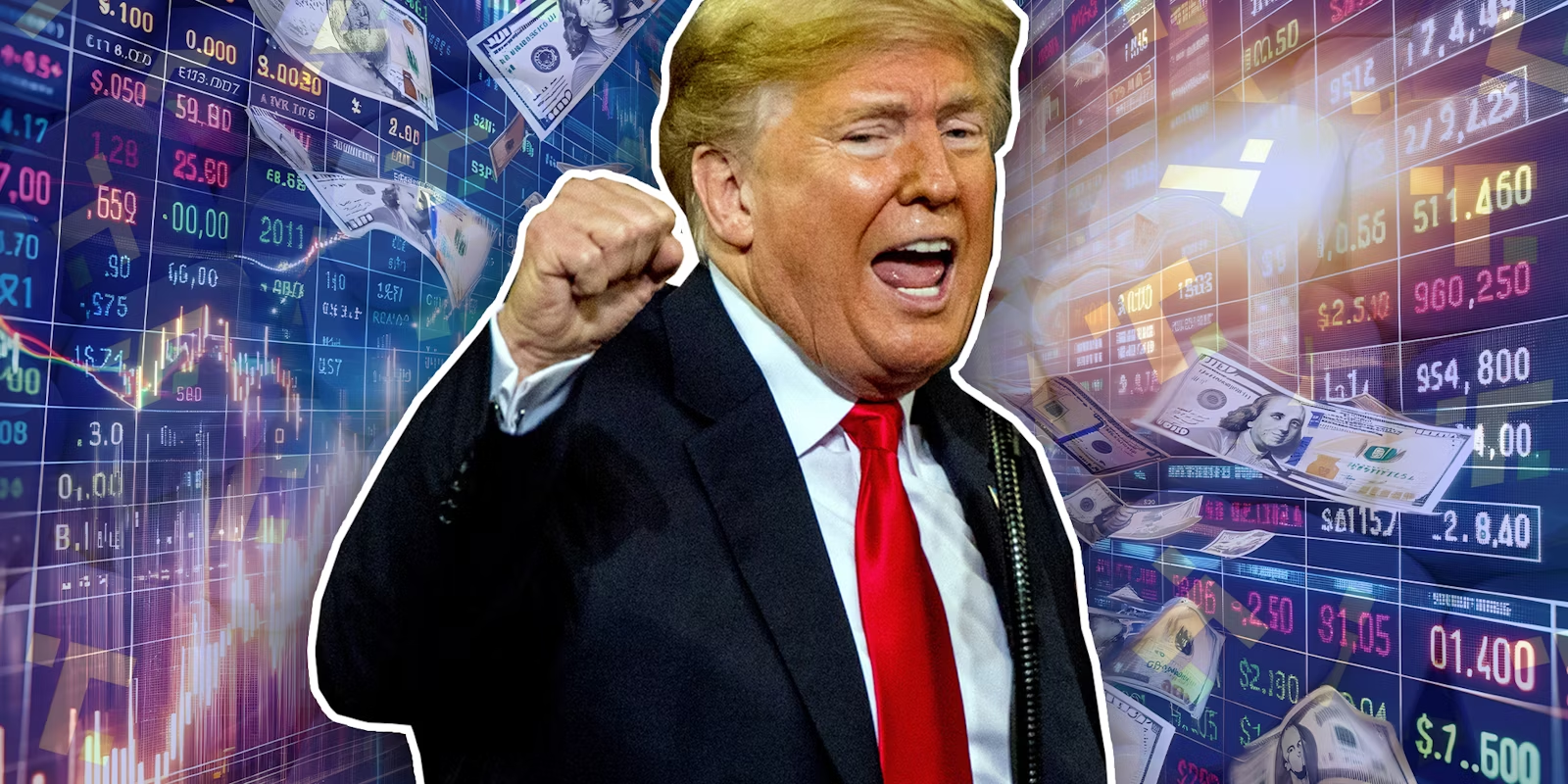|
Getting your Trinity Audio player ready...
|
A political tug-of-war is brewing in South Korea over the implementation of a cryptocurrency gains tax. The ruling People’s Power Party (PPP) is advocating for a delay until 2028, while the opposition Korea Democratic Party (KDP) is determined to push for a 2025 start date.
The KDP has dismissed the PPP’s proposed delay as a mere political ploy aimed at garnering future electoral support. Instead, the opposition party is proposing a compromise: a higher tax threshold for crypto gains.
Raising The Tax Threshold
Under the original plan, crypto investors in South Korea were set to pay a 20% annual tax on profits exceeding 2.5 million won ($1,800). Recognizing the significant backlash from the crypto community, the KDP has suggested increasing the threshold to 50 million won (approximately $36,000).
This move, according to the KDP, would effectively exempt most individual investors from the tax, as only a small fraction of crypto traders in South Korea generate profits exceeding this amount. The party argues that the higher threshold would primarily impact large-scale investors and institutional players.
A Complex Political Landscape
South Korea has been grappling with the regulation of cryptocurrencies for several years. The initial plan to implement a crypto gains tax in 2021 faced widespread opposition from the crypto community, leading to a delay until 2023. Following further public outcry, the implementation was postponed once again to 2025.
The current political standoff between the KDP and the PPP highlights the delicate balance between regulating the burgeoning crypto industry and ensuring investor protection. As South Korea navigates this complex landscape, the outcome of the crypto tax debate will have significant implications for the country’s digital asset ecosystem.
Disclaimer: The information in this article is for general purposes only and does not constitute financial advice. The author’s views are personal and may not reflect the views of Chain Affairs. Before making any investment decisions, you should always conduct your own research. Chain Affairs is not responsible for any financial losses.
I’m a crypto enthusiast with a background in finance. I’m fascinated by the potential of crypto to disrupt traditional financial systems. I’m always on the lookout for new and innovative projects in the space. I believe that crypto has the potential to create a more equitable and inclusive financial system.




